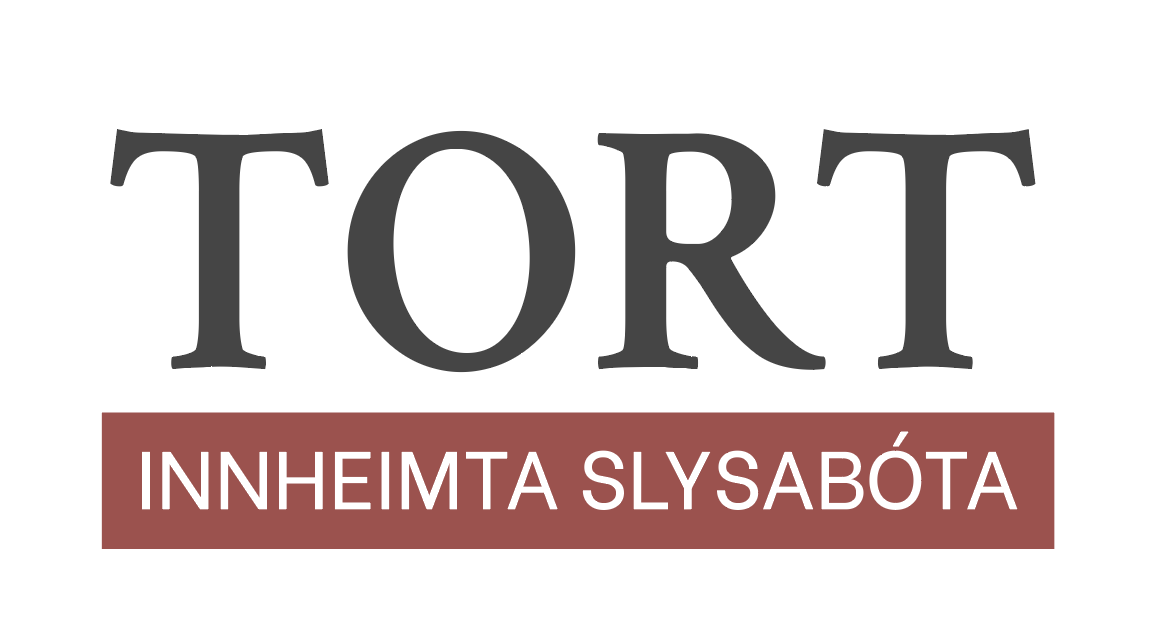Best Work Injury Lawyers in Reykjavik
Share your needs with us, get contacted by law firms.
Free. Takes 2 min.
List of the best lawyers in Reykjavik, Iceland
About Work Injury Law in Reykjavik, Iceland
Work injury law in Reykjavik, Iceland, is a specialized legal field focusing on the rights and protections of employees who have been injured in the workplace. The goal is to ensure that individuals receive appropriate compensation and support for injuries sustained while performing their job duties. Iceland's work injury laws are designed to cover a wide range of incidents from minor accidents to severe injuries, ensuring fair treatment and financial assistance during recovery.
Why You May Need a Lawyer
There are several common situations where you might require legal help for a work injury:
1. **Complex Cases**: If your injury involves complicated circumstances, such as employer negligence, third-party involvement, or severe injuries, the legal intricacies may be challenging to navigate without professional help.
2. **Disputes Over Compensation**: Employers or insurance companies may dispute your claim or offer insufficient compensation. A lawyer can help negotiate a fair settlement.
3. **Understanding Your Rights**: The legal framework surrounding work injuries can be complex. A lawyer ensures you understand your rights and obligations under Icelandic law.
4. **Denial of Claims**: If your work injury claim is denied, a lawyer can assist you in appealing the decision and fighting for the benefits you deserve.
5. **Permanent Disabilities**: Cases involving permanent disabilities may require expert legal assistance to ensure long-term support and compensation.
Local Laws Overview
Icelandic work injury laws are covered under a combination of statutes, including the Social Security Act and various labor laws. Key aspects of these laws include:
1. **Employer Liability**: Employers are required to provide a safe working environment and are liable for injuries that occur due to their negligence.
2. **Workers' Compensation**: Employees are entitled to compensation for medical expenses, loss of income, and rehabilitation costs. Compensation is generally administered through the Workers' Compensation Fund.
3. **Reporting Requirements**: Injuries must be reported to the employer and the Workers' Compensation Fund within a specific time frame to be eligible for compensation.
4. **Rehabilitation and Return to Work**: The law emphasizes rehabilitation and helping injured workers return to their jobs as soon as possible, with necessary accommodations.
Frequently Asked Questions
1. What should I do immediately after a work injury?
Report the injury to your employer as soon as possible, seek medical attention, and document all details of the incident.
2. Can I claim compensation if the accident was my fault?
Yes, even if the accident was partially your fault, you may still be entitled to workers' compensation benefits under Icelandic law.
3. How long do I have to report a work injury?
Generally, you should report the injury within a few days of the occurrence to ensure eligibility for compensation benefits.
4. What kind of benefits can I receive?
Compensation may cover medical expenses, rehabilitation costs, lost wages, and compensation for permanent disabilities if applicable.
5. What if my employer doesn't report my injury?
You can report the injury directly to the Workers' Compensation Fund and seek legal assistance to ensure your rights are protected.
6. How is the amount of compensation determined?
Compensation is usually based on the severity of the injury, the impact on your ability to work, and your medical expenses.
7. Can I choose my own doctor for treatment?
Yes, you are generally allowed to choose your own healthcare providers for treatment of your work-related injury.
8. What happens if my claim is denied?
You can appeal the decision through the Workers' Compensation Fund or seek legal assistance to challenge the denial.
9. Are there special considerations for temporary workers?
Temporary workers are also entitled to compensation for work-related injuries, but the specifics may vary depending on the terms of their employment.
10. Do work injury laws cover mental health issues?
Yes, work-related mental health issues such as stress or PTSD can be covered under Icelandic work injury laws if they are directly related to your job.
Additional Resources
For further information and assistance, you may contact the following resources:
1. **Workers' Compensation Fund (Vinnueftirlitið)**: Responsible for handling work injury claims and providing compensation.
2. **Icelandic Confederation of Labour (ASÍ)**: Offers guidance and support for workers in various industries.
3. **Directorate of Labour (Vinnumálastofnun)**: Provides information and assistance related to labor laws and workers' rights.
4. **Icelandic Bar Association (Lögmannafélag Íslands)**: Can help you find a qualified lawyer specializing in work injury cases.
Next Steps
If you need legal assistance for a work injury in Reykjavik, Iceland, consider the following steps:
1. **Document Everything**: Keep detailed records of the injury, medical treatments, communication with your employer, and any witnesses.
2. **Report the Injury**: Notify your employer and the Workers' Compensation Fund as soon as possible.
3. **Seek Medical Help**: Ensure you get the necessary medical attention and follow all treatment recommendations.
4. **Consult a Lawyer**: Contact a lawyer specializing in work injury cases to discuss your situation and explore your legal options.
5. **Follow Up**: Keep in regular contact with your lawyer and stay informed about the progress of your claim.
Lawzana helps you find the best lawyers and law firms in Reykjavik through a curated and pre-screened list of qualified legal professionals. Our platform offers rankings and detailed profiles of attorneys and law firms, allowing you to compare based on practice areas, including Work Injury, experience, and client feedback.
Each profile includes a description of the firm's areas of practice, client reviews, team members and partners, year of establishment, spoken languages, office locations, contact information, social media presence, and any published articles or resources. Most firms on our platform speak English and are experienced in both local and international legal matters.
Get a quote from top-rated law firms in Reykjavik, Iceland — quickly, securely, and without unnecessary hassle.
Disclaimer:
The information provided on this page is for general informational purposes only and does not constitute legal advice. While we strive to ensure the accuracy and relevance of the content, legal information may change over time, and interpretations of the law can vary. You should always consult with a qualified legal professional for advice specific to your situation.
We disclaim all liability for actions taken or not taken based on the content of this page. If you believe any information is incorrect or outdated, please contact us, and we will review and update it where appropriate.










